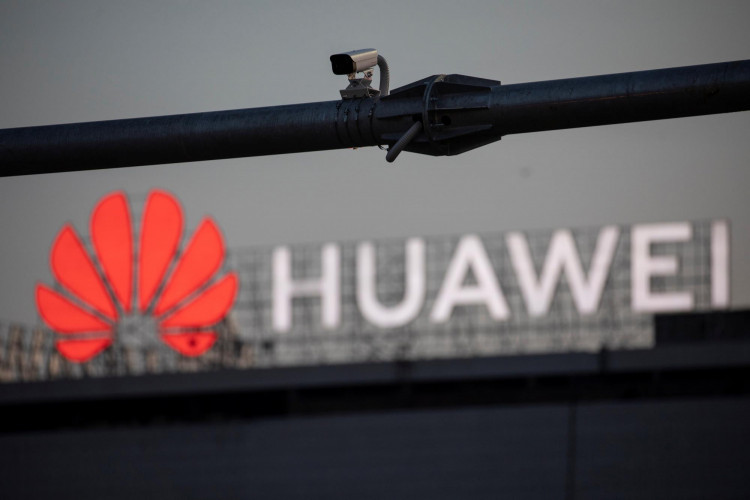For the last decade, the global market for smartphone software has been controlled by Goole and Apple's Android and iOS. However, the playing field is about to change as Huawei Technologies has come up with a new idea.
Huawei is looking at launching its own operating system – the HarmonyOS – seen to replace the Android mobile software on smartphones starting 2021, as the tech group works to extricate itself from pressures by the U.S.
Huawei rolled out the software last year. Today, chief executive officer Richard Yu introduced its latest gizmo – Harmony OS 2.0 – during the annual Huawei Developer Conference. The new operating system is finally making its way into more handsets, including smart televisions and smartwatches.
The company's latest offering is proof that the stress given by the U.S. government, which has prevented the tech group from operating a 5G technology in some sectors and making products like smartphones, has only given it more impetus to fast-track a program that it has developed for years.
At the conference, Huawei Consumer Business branch software director Wang Chenglu said the function between HarmonyOS 2.0 gadgets will be much speedier compared to current cross-device platforms.
The latency, or reaction time interval, between terminals, is only 10 milliseconds, Wang said, adding their engineers have managed to integrate Bluetooth and WiFi into one network. The company is also touting enhanced security features, multi-screen functionality, and smart voice technology.
The Guangdong-based multinational tech firm is also setting up a device ecosystem with other electronics companies that will soon see the HarmonyOS 2.0 running fridges, ovens, and even cars, Wang said. The software will also soon become available as an open-source to all hardware makers, he added.
Huawei said U.S. restrictions that resulted in the company being cut off from the Android support has made it suffer a plunge in overseas smartphone revenues, though the slump was later counterbalanced by an increase in local sales.
Huawei delivered 240 million smartphones in 2019, which moved the Chinese tech giant to the No. 2 spot in the global ranking, but said that shortages in operating systems had heavily impacted revenues in recent months and orders dropped to 105 million units in the first two quarters of the year.
The global market for smartphone software is still expected to be led by Google's Android and Apple's iOS, but in a span of just 12 months, HarmonyOS could pose a viable threat to the two popular operating systems.






